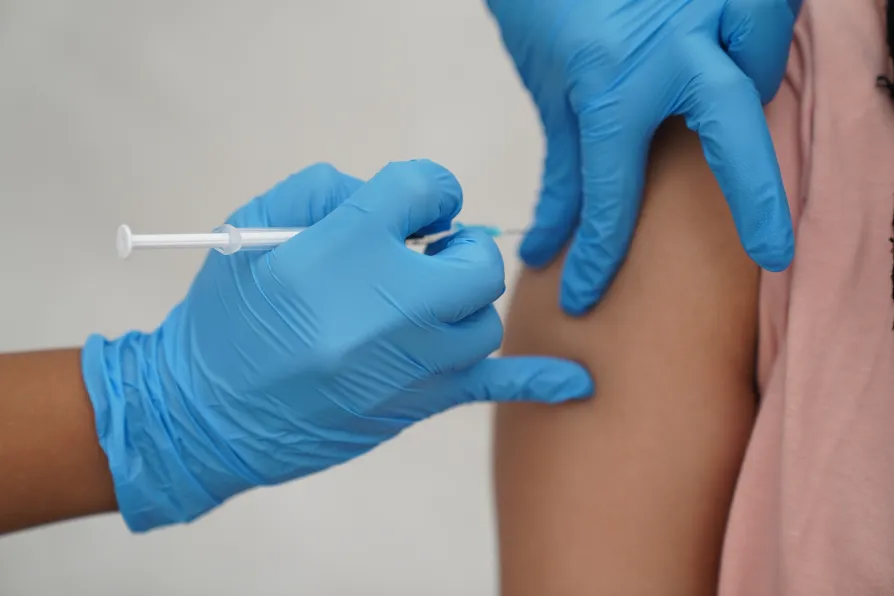
 File photo dated 31/07/21 of a person receiving a Covid-19 jab
File photo dated 31/07/21 of a person receiving a Covid-19 jab
CAMPAIGNERS raised concerns over pharmaceutical monopolies today as a “next generation” coronavirus booster jab needed only once a year was approved for use in adults in Britain.
The UK Medicines & Healthcare products Regulatory Agency authorised the new Covid-19 injection from US pharmaceutical giant Moderna.
It is an updated version of the Moderna jab that has already been in use with some people who got their first, second or booster injections.

1943-2025: How one man’s unfinished work reveals the lethal lie of ‘colour-blind’ medicine

A maverick’s self-inflicted snake bites could unlock breakthrough treatments – but they also reveal deeper tensions between noble scientific curiosity and cold corporate callousness, write ROX MIDDLETON, LIAM SHAW and MIRIAM GAUNTLETT












